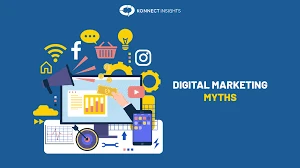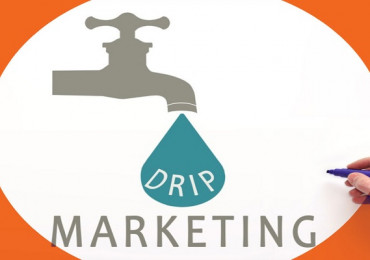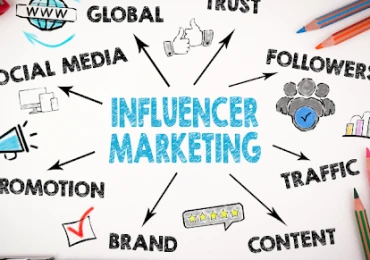
It is a type of marketing that relies on the use of fictional stories or digital myths to attract the audience and build a strong brand identity. This type of marketing exploits stories inspired by ancient myths or contemporary fictional events, and re-formulates them in a way that suits the digital age, creating unique and enjoyable experiences related to products and services. Brands benefit from this method to give their products a legendary character, making them seem unique and exceptional, and attracting customers looking for an experience beyond the ordinary.
Characteristics and recipes of digital myth marketing:
- Symbolic stories: rely on creating symbolic stories or fictional characters that represent the brand.
- Emotional appeal: myths are used to evoke feelings of nostalgia, excitement, or even fear, which enhances emotional connection.
- Multidimensionality: presents the product as part of a multidimensional fictional world that the customer can explore through different digital means.
- Blending reality and fantasy: combines realistic elements and fictional situations to create an unforgettable experience.
Benefits:
- Arousing curiosity and interest: myths attract attention and make the audience eager to discover more.
- Building a strong identity: Helps create a unique brand identity that is easy to remember and interact with.
- Enhancing loyalty: Customers who feel a sense of belonging to the brand’s mythical world tend to remain loyal.
- Creating interactive experiences: Allows the use of virtual reality and augmented reality technologies to create immersive experiences.
Digital mythology marketing features:
- Creativity and innovation: Gives the brand the freedom to create new, unconventional stories and myths.
- Diversity in media: Video, games, comics, and even social media platforms can be used to communicate the myth.
- Increased engagement and participation: Encourages the audience to interact with the brand through stories, competitions, and interactive content.
- Rapid spread: Attractive myths spread quickly on social media, expanding the audience base.
Types of digital mythology marketing:
- Myths inspired by ancient cultures: Using elements from Greek, Pharaonic, or Arab mythology.
- Modern mythology: Creating contemporary fictional stories that align with the interests of the current generation.
- Video game mythology: Using characters and events from popular games as part of a marketing campaign.
- Brand Stories: Create a legendary story specific to the brand that tells its history or adventures.
Arab examples:
1. Pepsi in the Middle East: Used ads with the theme of ancient Arab myths to attract young people and associate the brand with exciting imaginary adventures.
2. Zain Saudi Arabia: Used legendary characters in its Ramadan campaigns, which attracted the public’s interest and linked the brand to heritage and culture.
3. Panda Company in Egypt: Used the character of the “angry panda” in a series of creative ads, creating a comic legend that links the product to fun and funny situations.
4. A gaming company in the Gulf: Presented a game based on Arab myths, and promoted it using exciting stories and heroes inspired by Arab heritage, which attracted a wide audience of young players.
5. Anime and Comic Con festivals: Marketing products and services in the form of legendary characters that attract fans of fantasy stories and superheroes in the Arab world.
Digital mythology marketing is an innovative strategy that relies on creating a fictional world associated with the brand, making it more attractive and exceptional. By using mythical stories, brands can capture attention, build loyalty, and build a distinct identity that audiences deeply engage with. This type of marketing provides an opportunity to connect with audiences in unconventional ways, enhancing the brand’s presence in a crowded and competitive market.

25/08/2024

17/08/2024

20/08/2024

26/08/2024

17/08/2024

15/08/2024

01/09/2024

30/08/2024

26/08/2024

17/08/2024

31/08/2024

23/08/2024

18/08/2024

20/08/2024

14/08/2024

16/08/2024

16/08/2024

18/08/2024

17/08/2024

15/08/2024